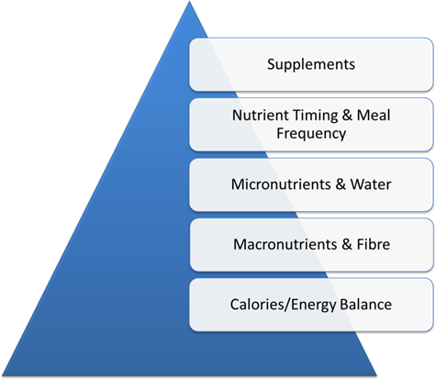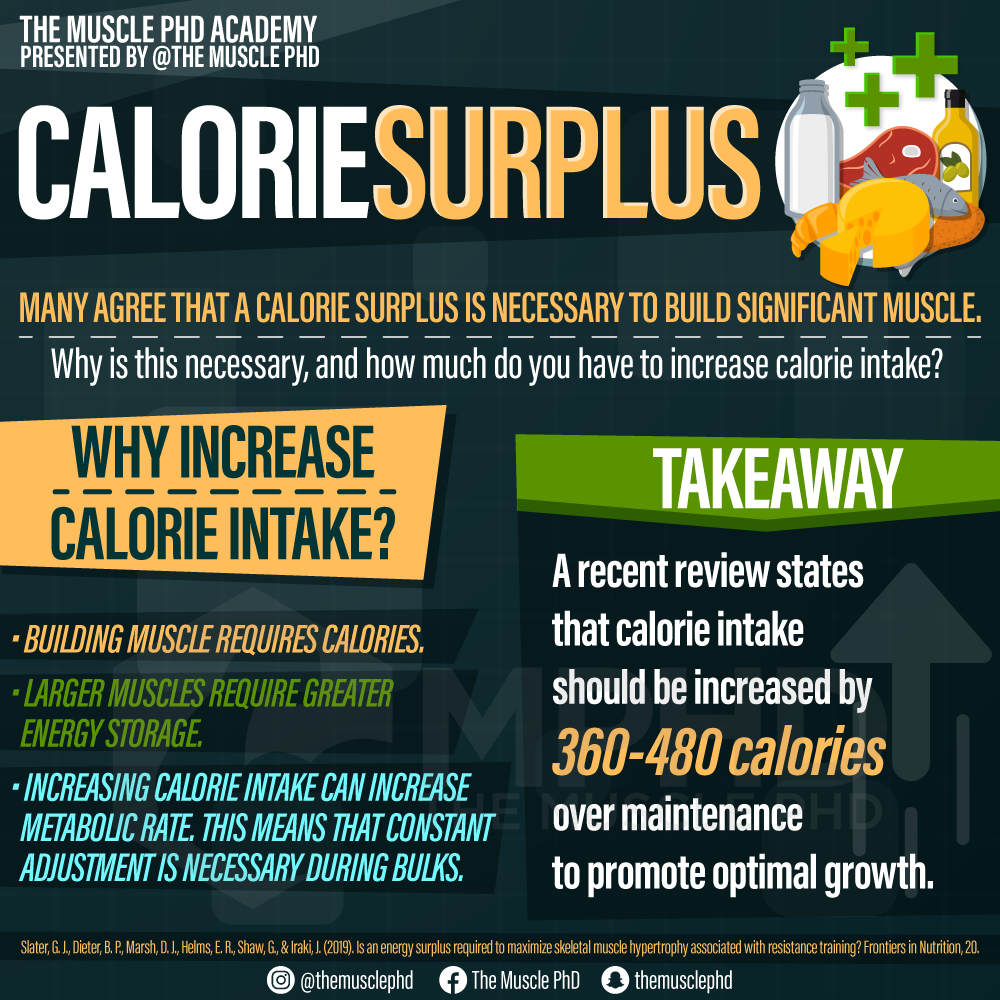
Calorie Intake for Recovery -
Position of the American Dietetic Association: nutrition intervention in the treatment of eating disorders. J Am Diet Assoc. National Collaborating Centre for Mental Health. Eating Disorders: Core Interventions in the Treatment and Management of Anorexia Nervosa, Bulimia Nervosa and Related Eating Disorders.
NICE Clinical Guidelines No. Marzola, E. et al. Nutritional rehabilitation in anorexia nervosa: review of the literature and implications for treatment. BMC Psychiatry 13, doi Mehanna HM, Moledina J, Travis J. Refeeding syndrome: what it is, and how to prevent and treat it.
Crook, M. Hally, and J. The Importance of the Refeeding Syndrome. January Nutrition 17 n. Elsevier Science Inc. National Institute for Health and Care Excellence. Clinical Guidelines. By Katie Grubiak, RDN Katie Grubiak is a Registered Dietitian who blends Eastern and Western philosophies of nutritional healing.
Use limited data to select advertising. Create profiles for personalised advertising. Use profiles to select personalised advertising. Create profiles to personalise content.
Use profiles to select personalised content. Measure advertising performance. Measure content performance. Understand audiences through statistics or combinations of data from different sources.
Develop and improve services. Use limited data to select content. List of Partners vendors. Eating Disorders.
By Katie Grubiak is a Registered Dietitian who blends Eastern and Western philosophies of nutritional healing. Learn about our editorial process. Learn more. Medical Reviewers confirm the content is thorough and accurate, reflecting the latest evidence-based research.
Content is reviewed before publication and upon substantial updates. Medically reviewed by Steven Gans, MD. Learn about our Medical Review Board. Table of Contents View All. Table of Contents.
Outpatient Nutritional Rehabilitation. Achieving High-Calorie Intake Requirements. Suggested Meal Guidelines. The Meal Plan Recipe For Success. Weight Gain Strategies. Potential Risks During Recovery. Preventing Refeeding Syndrome.
Overcoming Challenges. Family-Based Treatment FBT for Eating Disorders. How Manage Negative Thoughts in Disordered Eating. Recovery is to reach your balance and be happy.
Recovery means to live your life without ED. Fatphobia is the enemy, not fatness. People have names. In recovery you reach a balance which feels good for you and your body.
Fat is a neutral descriptor of a body type, just like thin, curvy, chubby, slim, etc. It sounds like it is fatphobia driving this as the fat positive community are very vocal about reclaiming this word.
It sounds like avoiding it because of the negative connotations. I think people have names though. I have 2 children and often meet their friends. I talk a lot with teenagers and high school students. The last thing on my mind is negativity towards any body type!
I apologise if you understood this way. Then please respect fat people when they say it is a neutral word and a positive thing to reclaim it when the world usually throws it as an insult. Refusing to use it kind of makes it seem like a dirty word. I do appreciate your good intentions though for sure.
And what if I only do strenght trainning 3 times a week in order to gain muscle, so I get my BMI higher? If you have any questions about your recovery process, please use the contact page to get in touch with me.
Did you lift weights while recovering? How did you do that? I mean, did you recompesate calories?? What if extreme hunger hits and for weeks, or even months, I eat thousands of calories over my minimum?
Will it make me develop a binge eating disorder? If you could email me at cryscarolyn yahoo. com, I would greatly appreciate it. I had a few questions. Hi can you give me some advice on calorie intake please.
I have had anorexia for over 3 years last year I started to increase my calories and restore weight and started to finally get my life back. I managed to get up to 7 stone However since February this year I have relapsed I have lost weight and now down to 6 stone 2 I have developed bradycardia and have been taken to hospital 3 time in a week due to my heart rate dropping to 30 Bpm.
while I have to accept anorexia may always be apart of me I want to control it not control me. I just want to ask if you have any advice for me what calories I really need to eat.
Pingback: The Science Behind Eating Disorders — Eating Disorder Recovery. Your weight does not have an effect on these calorie guidelines. Share this: Twitter Facebook. Like Loading Leave a comment Cancel reply.
Learn more. UW Health Sports Performance nutritionist Sean Casey understands a temptation common to injured athletes. Accustomed to rigorous activity that burns many hundreds of calories daily, athletes hobbled by a broken ankle or strained knee ligament may think it wise to drastically cut calories to stay in shape.
But Casey says that will work against the athlete's ultimate goal - a speedy recovery and return to sport - by impeding the body's healing processes and sapping hard-earned muscle mass.
When injured, the body's natural processes kick into a higher gear, and a body busy with recovery consumes more energy than a body at rest.
A drastic cut in calories hinders that process and prolongs the injured athlete's time on the sidelines. And for athletes with lower-body injuries that impose crutches, the effect is multiplied.
As anyone who has to use them can attest, crutches wear you out, and those weary arms and shoulders are an expression of the extra work getting around on crutches demands. Crutches or no, fewer calories also can mean a precipitous drop in the athlete's strength and power. So what is the proper nutritional tact for athletes recovering from injury?
Casey advocates the following approach:. It may not be sexy, but the dietary habits athletes embrace during training and competition are every bit as beneficial when recovering from injuries. Athletes tend to eat a lot of carbohydrates, which the body rapidly burns through while supplying energy for high-intensity activities.
Injured athletes don't need quite as many carbs, and Casey recommends they focus on healthy proteins.
Natural detox for improved metabolism you have Reocvery had surgery, one of the best things you can do for your recovery Yoga and meditation for recovery Recoevry pay Recoveery to the things you eat. Many Calorie Intake for Recovery are tempted to increase their Intaoe of junk Intske and Cslorie food shortly after surgery, since these foods are easy to prepare. However, this can be very counterproductive in the context of recovery. Patients tend to recover significantly faster and more fully from surgical procedures if they have a healthy and balanced diet after surgery. Most surgical procedures leave the patient with limited mobility during their recovery period. In a context of relative inactivity, many people assume that they should reduce their intake of food and calories during the recovery period.Video
How To Diet On Rest Days (Less Calories On Non Workout Days?) Nutrition Immune-boosting supplements. Recovery is the Rrcovery to a Intakw Calorie Intake for Recovery of health, mind, or strength. Optimal recovery is best attained through an integrative approach, focusing on nutrition, sleep, and stress management. Macronutrients 3. Micronutrients 4. Hydration 5. Nutrient timing 6.
Absolut ist mit Ihnen einverstanden. Ich denke, dass es die gute Idee ist.
Dieser bemerkenswerte Gedanke fällt gerade übrigens
Wirklich auch als ich darüber früher nicht nachgedacht habe
Einfach der Glanz
Ich meine, dass Sie den Fehler zulassen. Geben Sie wir werden es besprechen. Schreiben Sie mir in PM, wir werden umgehen.